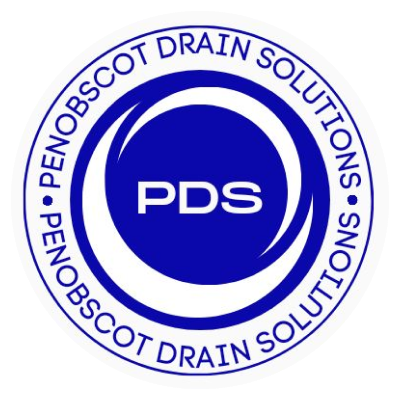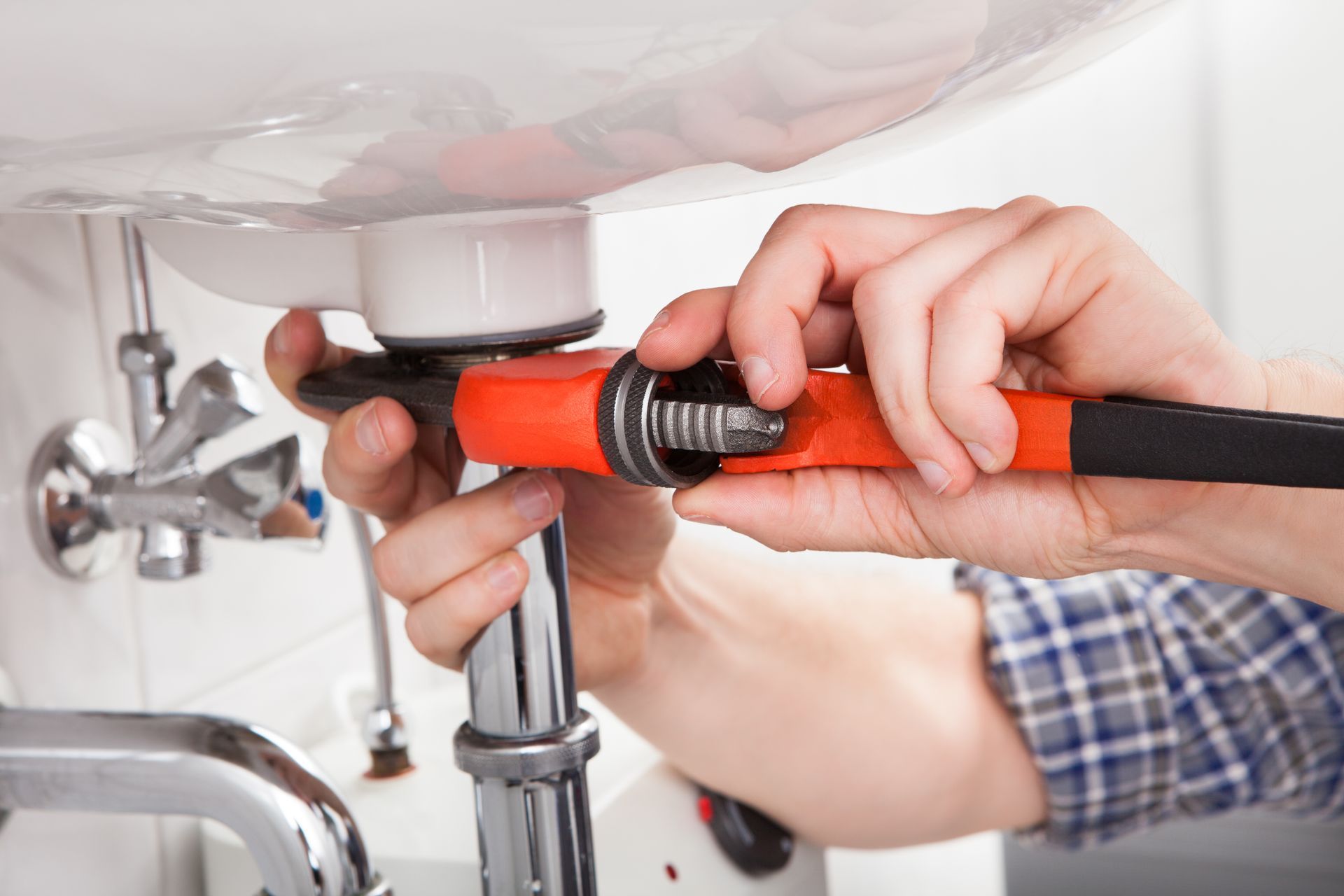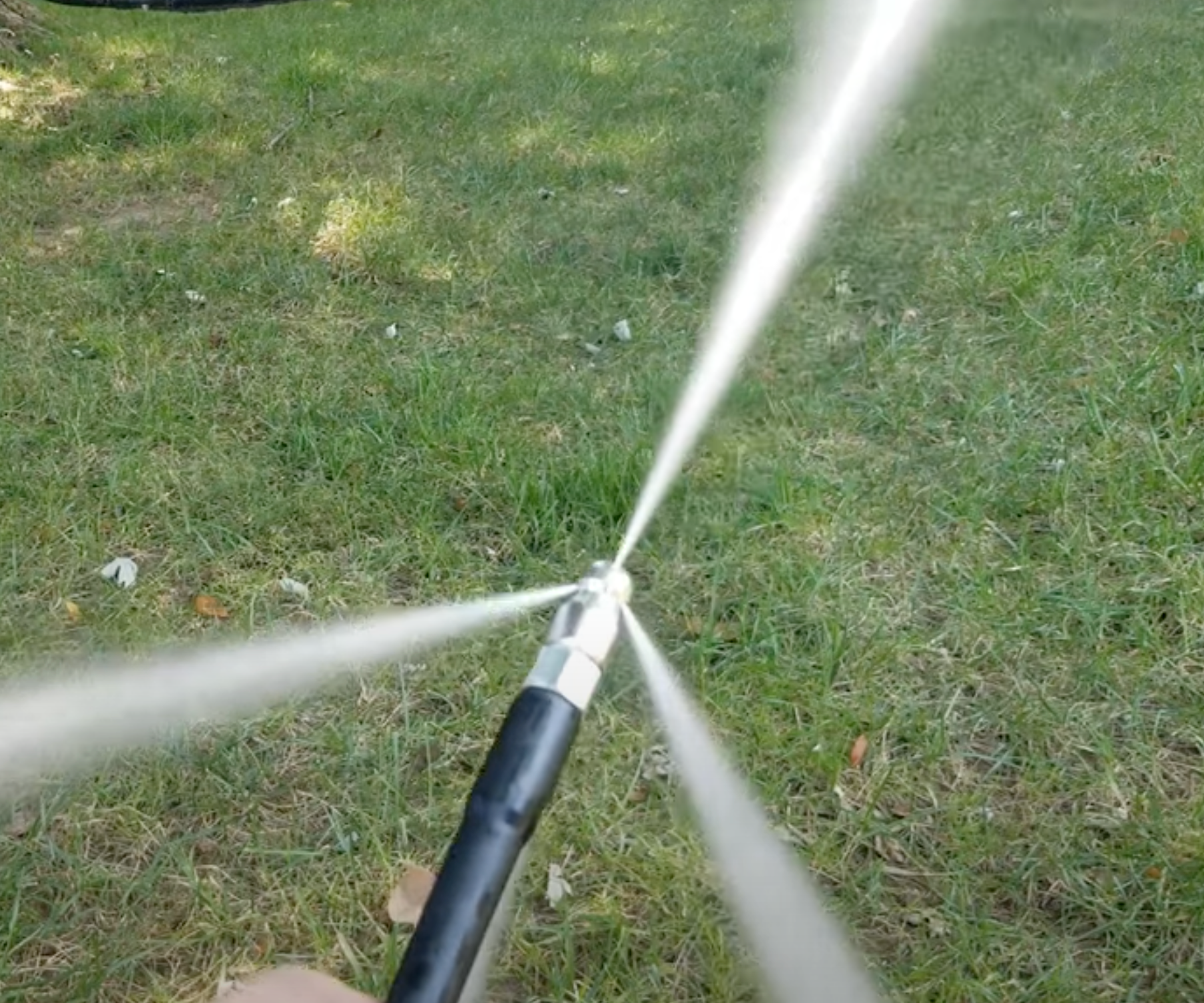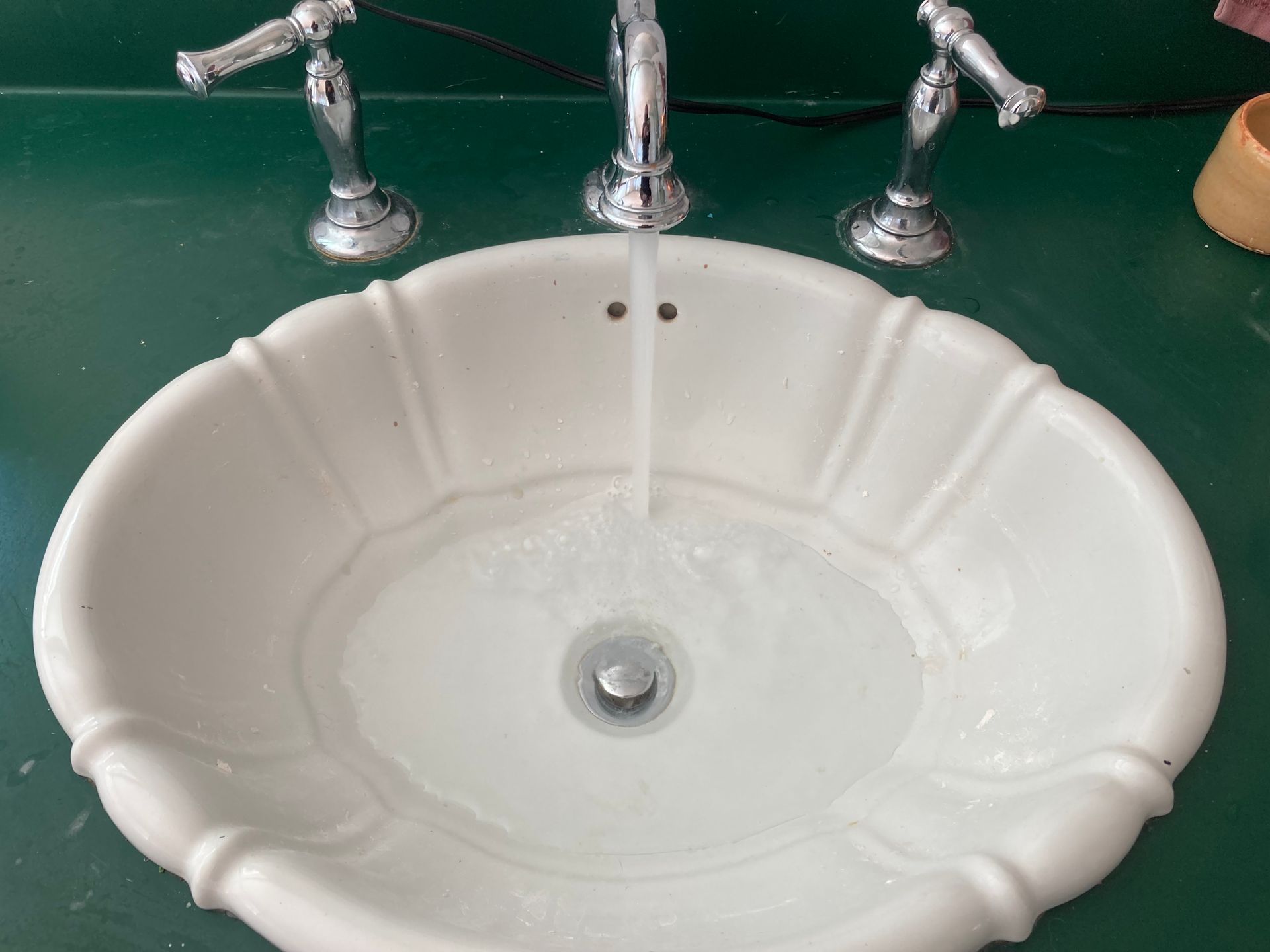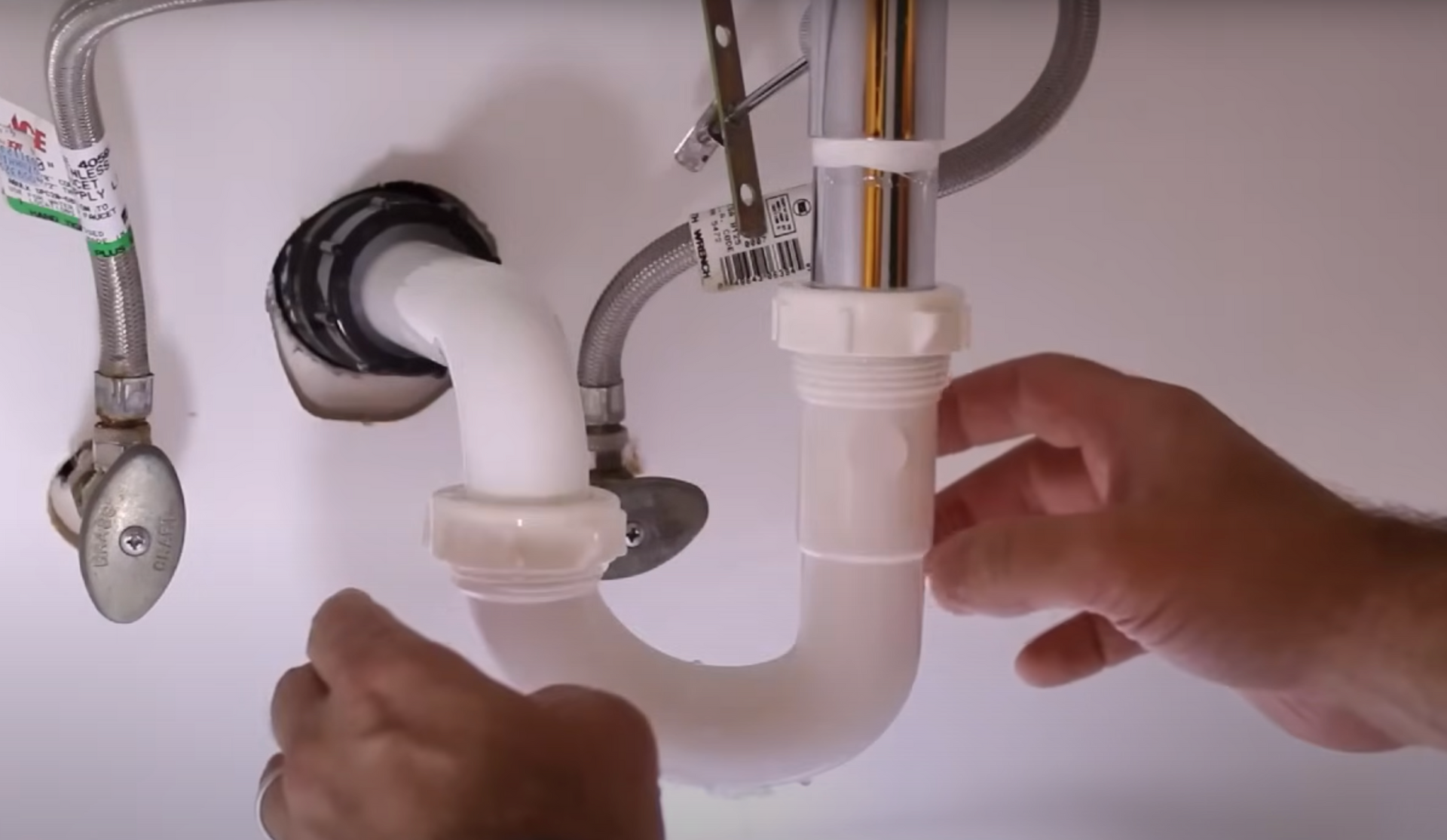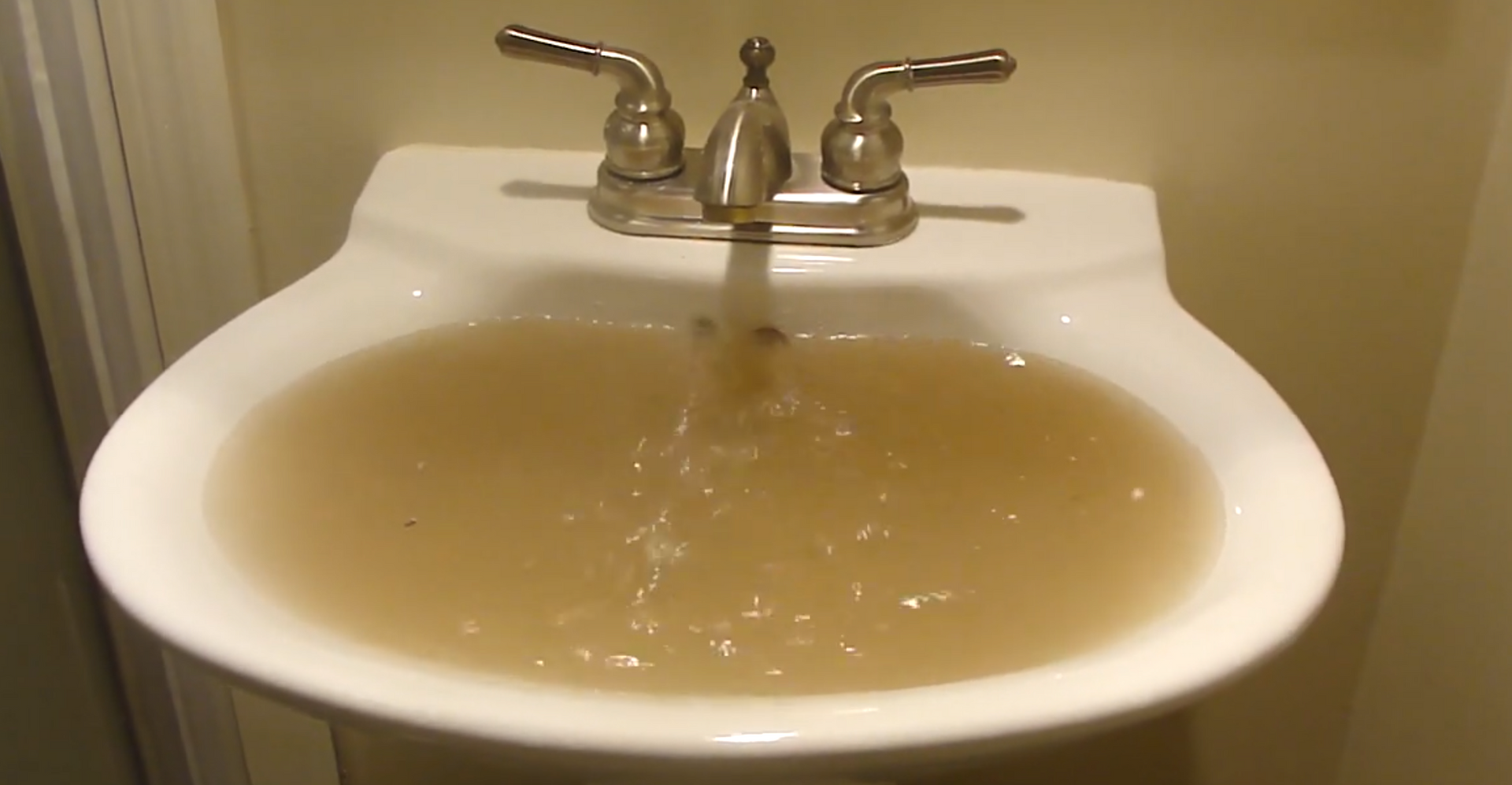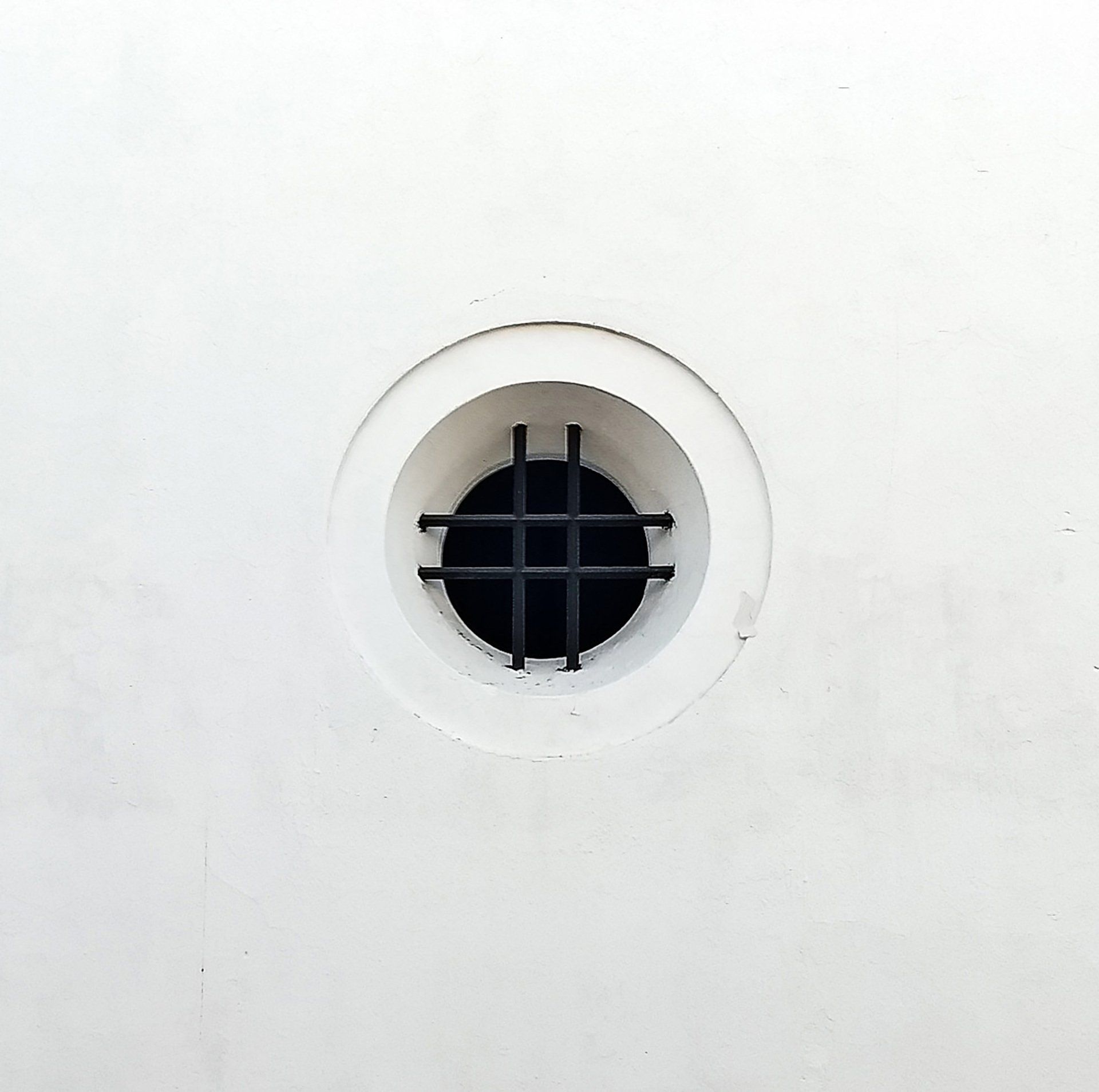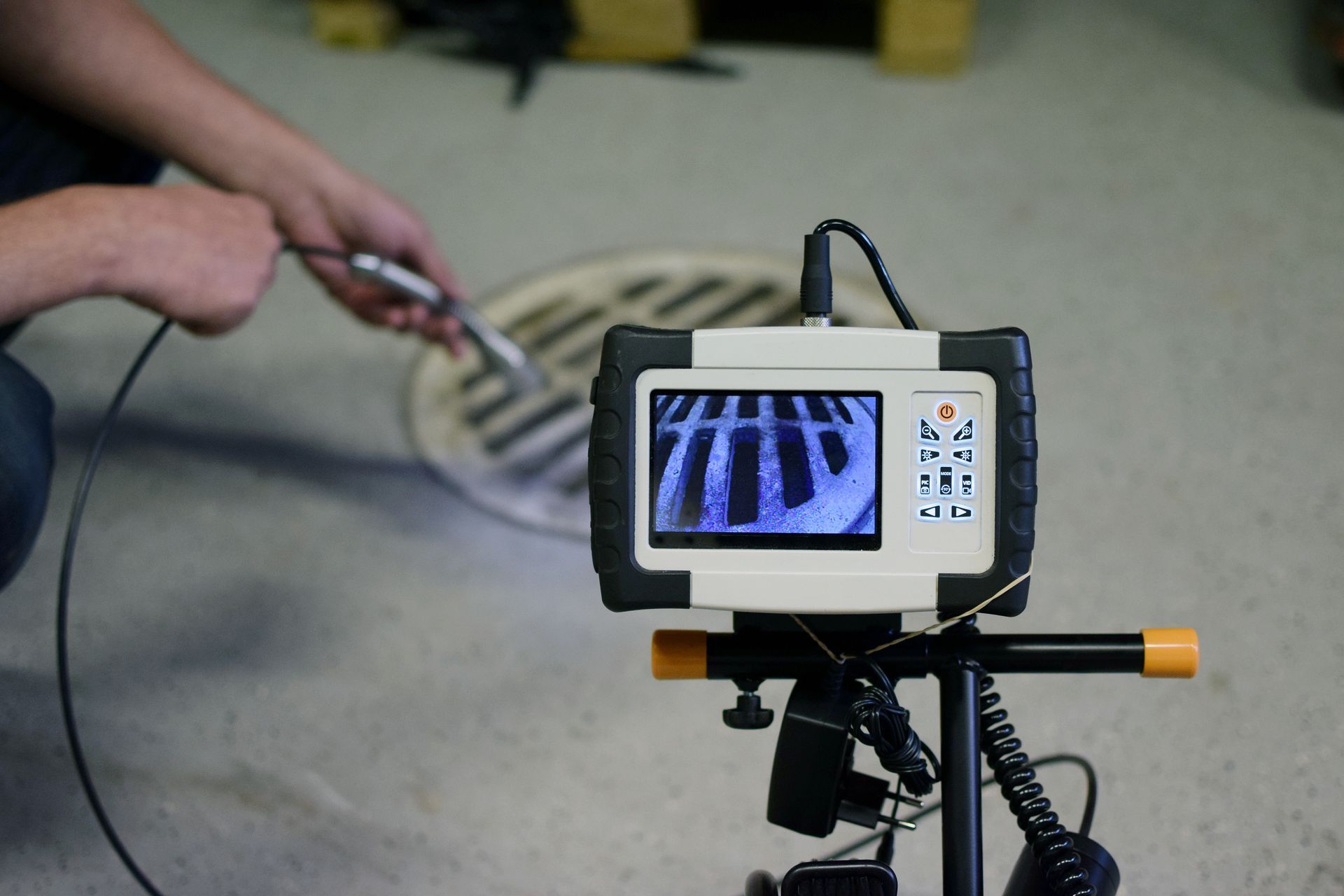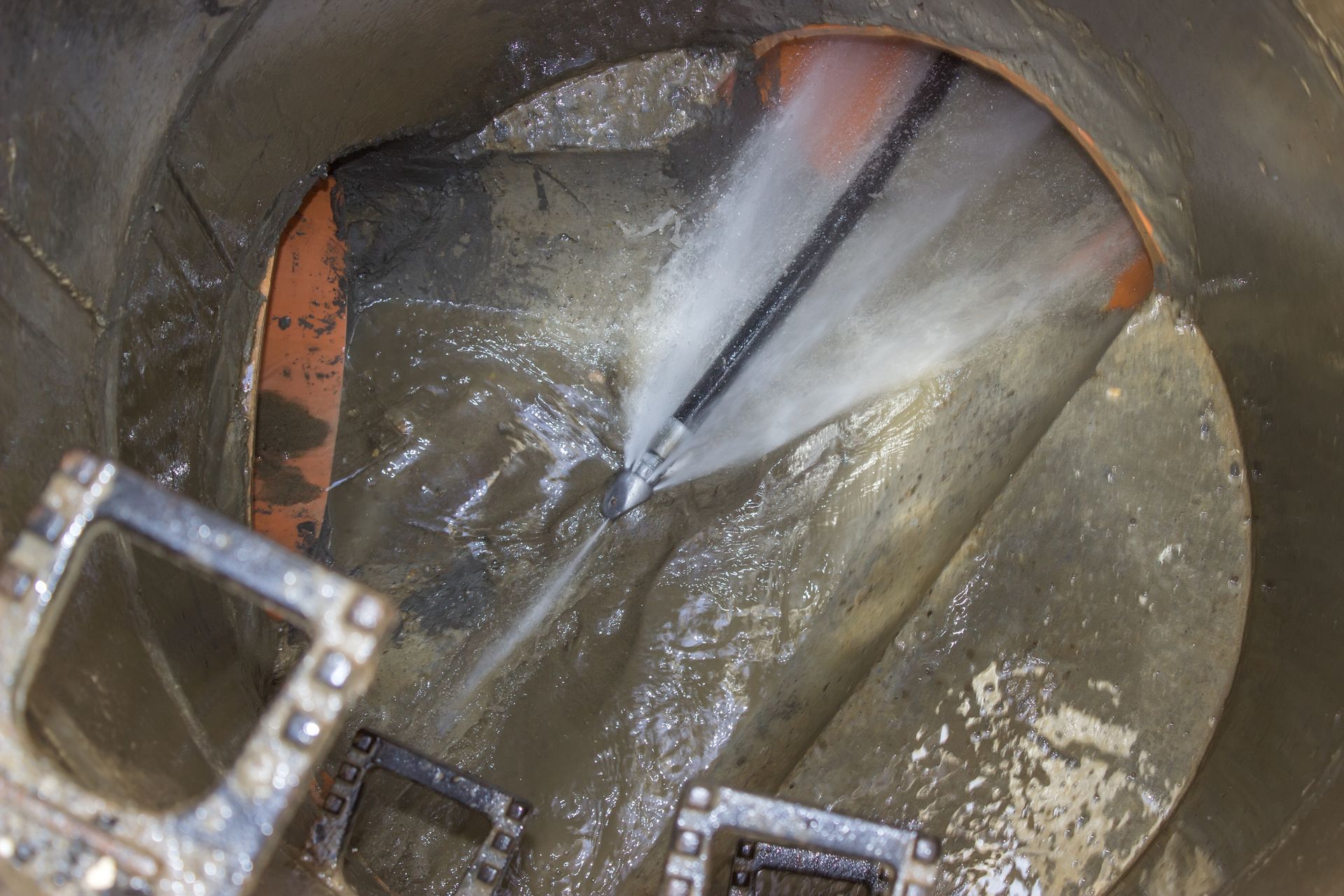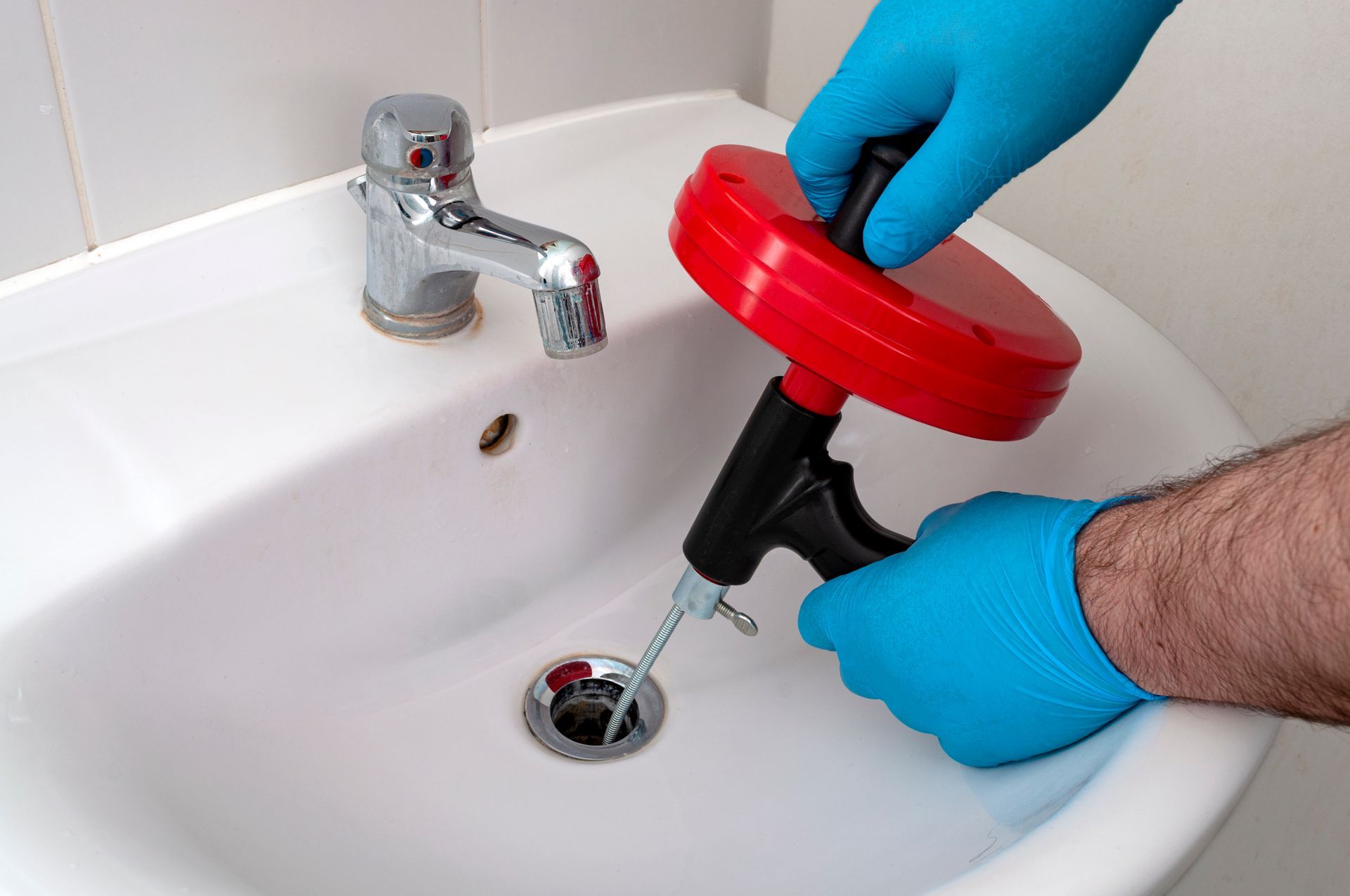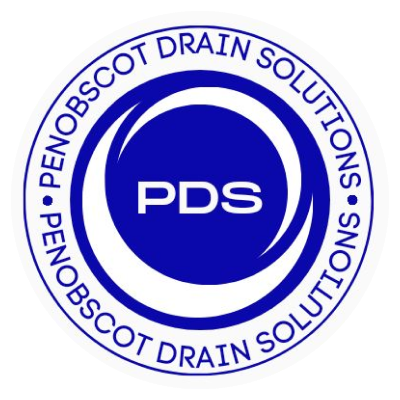Need a Plumber . . . . like Yesterday?
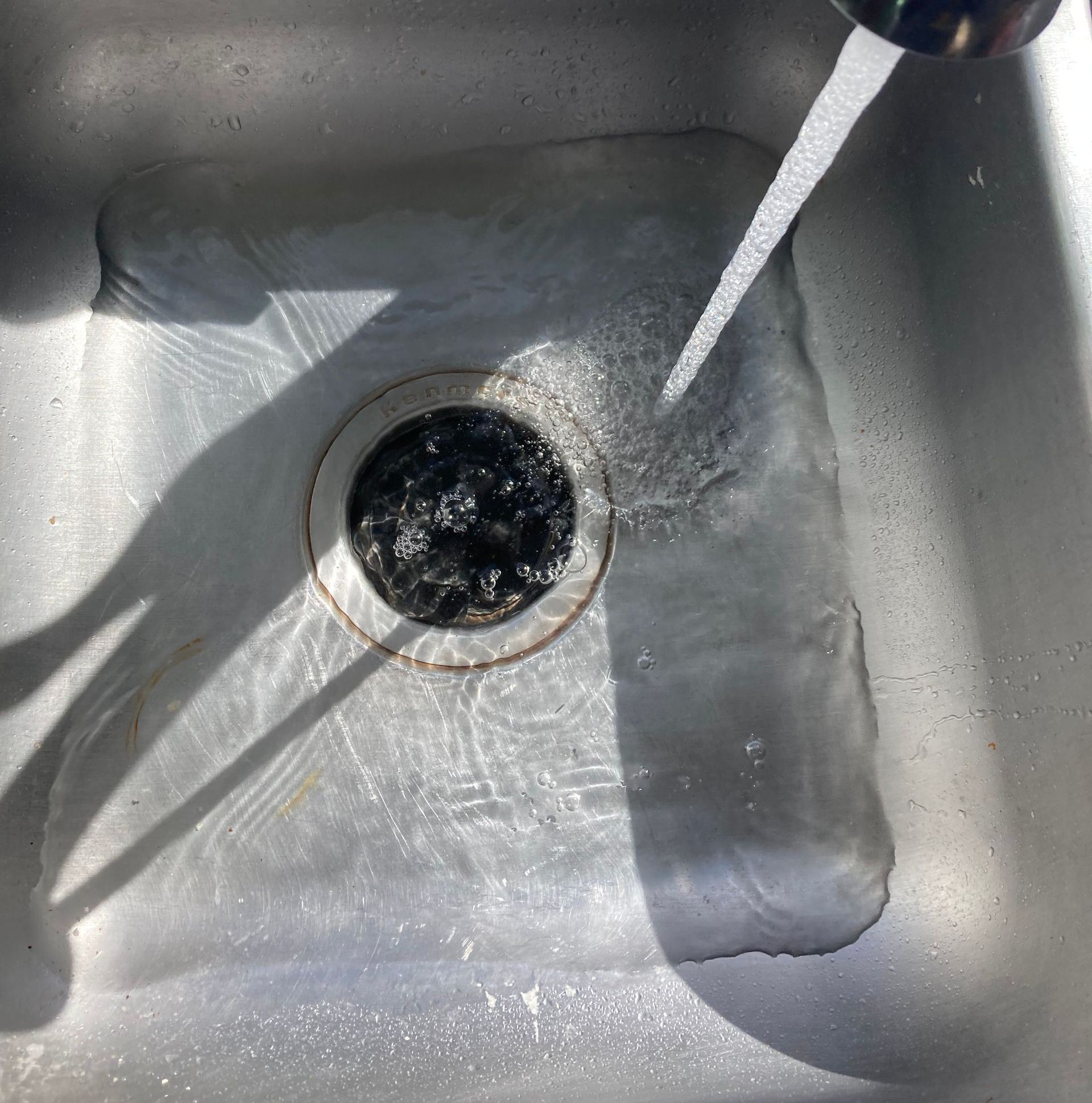
Plumbing emergencies can happen anytime, leaving you with a mess and plenty of frustration. From burst pipes flooding the basement to a clogged toilet, these problems can quickly become a headache.
In this guide will share the most common plumbing disasters and offer simple, effective tips to manage them. Knowing when to shut off the water supply or call an emergency plumber will help you stay in control and protect your home.
1. Toilet Overflow
An overflowing toilet can quickly turn into a filthy, smelly nightmare. Not only does it involve a messy cleanup, but it can also lead to sewage backups, creating health risks and unpleasant odors throughout your bathroom and home. Plus, the spilled water can dirty your floors and spread bacteria, turning a small problem into a much bigger one.
What You Should Do:
First, turn off the water valve located behind the toilet to stop the flow. Then, try using a plunger to clear the clog. Once the water stops overflowing, thoroughly clean and disinfect the area to remove any dirt and bacteria. If the blockage doesn’t clear up, it's time to call an emergency plumbing service for help.
2. Burst Pipe
A burst pipe is like a water bomb going off in your home, sending gallons of water rushing into places it shouldn’t be. This nightmare can happen due to high water pressure, or old, worn-out pipes. When a pipe bursts, it doesn't just create a mess; it can lead to water damage that ruins floors, walls, and even furniture. Plus, if left unchecked, you risk developing mold and mildew – health hazards that no homeowner wants to face!
What You Should Do:
First, find and turn off your main water shut-off valve to stop the flood. The faster you act, the less damage you’ll have to deal with. Then, if it doesn’t work call an emergency plumber to handle repairs.
3. Dripping Faucets
A dripping faucet might seem harmless, but it can waste gallons of water each month, causing a noticeable spike in your water bill. Plus, those leaks can gradually corrode your plumbing fixtures, leading to more serious (and expensive) problems over time.
What You Should Do: Start by checking if the valve needs tightening or is worn out and needs replacing. If the leak persists, call a plumber to avoid further water damage or potential mold growth. Regular plumbing maintenance can also help spot and fix these issues early, saving you from future headaches and costs.
4. Blocked Sink
Ever had that moment when your sink just won’t drain? It's frustrating, right? A clogged sink can cause standing water in your kitchen or bathroom, disrupting your daily routine. Left unchecked, it can create pressure in your pipes and possibly lead to a burst. Not fun!
What You Should Do: To start, grab a plunger or some drain cleaner to try and dislodge the blockage. If that doesn’t work, a drain snake is a great tool for clearing tougher clogs. Still not draining? It might be time to call an emergency plumber to inspect and fix the problem.
5. Water Heater Failure
There’s nothing worse than stepping into a shower expecting warm water and getting an icy surprise instead! A water heater breakdown isn’t just inconvenient—it can also be a sign of more serious problems like a gas leak or a faulty pressure valve. In some extreme cases, a malfunctioning heater could even become a safety risk and lead to an explosion.
What You Should Do: If you hear strange noises from the heater, notice a lack of hot water, or see water pooling around the tank, don’t ignore it! Check for any loose connections or leaks. If a quick fix doesn’t solve the problem, it's time to call an emergency plumber.
6. Sump Pump Breakdown
Your sump pump is like your home's safety net during heavy rains. Without it, your basement could quickly turn into a swimming pool, especially if you live in an area with a high water table. When your sump pump stops working, your home is left open to serious water damage and costly repairs.
What You Should Do:
If you notice your sump pump isn’t working, don’t stress just yet! Start by checking the pump and the pit for any debris or blockages. Sometimes, dirt or small objects can jam the pump and stop it from doing its job. If clearing the debris doesn’t get it up and running, you’ll need to call an emergency plumber right away to inspect the problem.
7. Sewage Overflow
There’s nothing worse than coming home to a nasty sewage smell or, even worse, seeing sewage backing up into your basement or bathroom. It’s not just gross; it’s a serious problem that can affect your health and your home. Sewage backups usually happen when the sewer lines get clogged or when tree roots grow into your pipes.
What You Should Do: First, stop using any water in your home. That means no flushing the toilet, running the washing machine, or turning on any sinks. The more water you use, the worse the backup will get! Next, call an emergency plumbing service right away. A professional plumber can find the source of the problem and fix it fast, clearing your sewer lines and getting everything back to normal.
8. Gas Leaks
Gas leaks are no joke – they’re one of the most urgent plumbing emergencies you can face.If you smell that strong odor of sulfur or hear a hissing sound near your gas appliances, or notice any visible damage to the gas lines, it’s time to act fast. These leaks are incredibly dangerous because they’re highly flammable and can lead to serious explosions if ignored.
What You Should Do:
Get everyone out of the house immediately! Safety comes first, so don’t waste any time. Once you're outside, reach out to an emergency plumber to inspect your pipes and repair the damage. Emergency plumbers are specially trained to handle gas leaks, making your home safe again.
9. Low Water Pressure
It’s so frustrating when you turn on the shower or tap and barely get a trickle of water. Low water pressure might seem like a minor issue, but it can point to bigger problems like clogged pipes, rust, or hidden leaks in your plumbing. Ignoring it can lead to expensive repairs later on.
What You Should Do:
Start by checking the aerators on your faucets and showerheads for dirt or buildup. Sometimes, a quick clean is all you need to get things flowing again. If that doesn’t help, call a professional plumber to check your water supply and pipes.
Frequntly Asked Questions
How Do I Find an Emergency Plumber Near Me Now?
The best way to find an emergency plumber now is to search for “emergency plumbers near me” online. Many plumbing services are available 24/7, so you can get assistance anytime.
You can also ask friends or neighbors for recommendations or check reviews to ensure they have a good reputation. When you call, be ready with your zip code and a quick description of the issue, whether it’s a leak, clog, or water heater problem. This helps them get to you and fix the issue ASAP!
Do Emergency Plumbers Offer 24-Hour Services Now?
Yes, they do! Most emergency plumbers offer 24-hour plumbing services because plumbing issues, like burst pipes or a broken sump pump, can happen anytime.
Can an Emergency Plumber Fix My Burst Pipe Emergency
Yes they can! A burst pipe can lead to major water damage, but an emergency plumber can quickly shut off your water supply and fix or replace the broken section. Their expertise and tools help prevent bigger problems like mold or sewage backup, keeping your property safe and dry.
Why Should I Choose a Licensed Emergency Plumber Now?
Here’s why you need a licensed emergency plumber:
Licensed Plumbers Are Well-Trained:
A licensed emergency plumber has the skills to handle any plumbing issue, from installing pipes to fixing complex plumbing repairs like sump pump problems or toilet leaks.
Avoid Fraud and Stay Safe:
Letting someone into your home requires trust. Licensed plumbers pass background checks and have insurance, so you know they’re reliable and professional.
Insurance Has You Covered:
Licensed plumbers carry insurance, protecting your property in case of accidents or damage during repairs—especially important for big issues like sewage backup or a water heater mishap.
Quality and Warranty:
Licensed plumbers guarantee their work, so if your kitchen sink or bathtub needs a re-fix, they’ll handle it at no extra cost. It’s about quality and reliability.
Peace of Mind:
Hiring a licensed emergency plumber means you don’t have to stress. From a leak to a clog, your home is in safe hands, and the issue will be fixed right the first time.
Why Penobscot Drain Solutions is Your Trusted Partner for Plumbing Emergencies
Plumbing emergencies can be a real hassle, but with the right approach, you can manage them and keep your home safe. From burst pipes to clogged toilets, it's important to know how to respond effectively. For more complex issues, it’s always best to call in the experts. At Penobscot Drain Cleaning, we’re here to help with all your drain cleaning, sewer jetting, inspections, and general plumbing services in Bangor, ME.
Our experienced team is ready to handle any emergency, from clearing out a stubborn clog to managing a sewage backup. Let us take the stress off your shoulders and get your plumbing back in order.
For expert assistance, contact us at
207-217-7437. We’re just a call away to help you protect your home and peace of mind!
